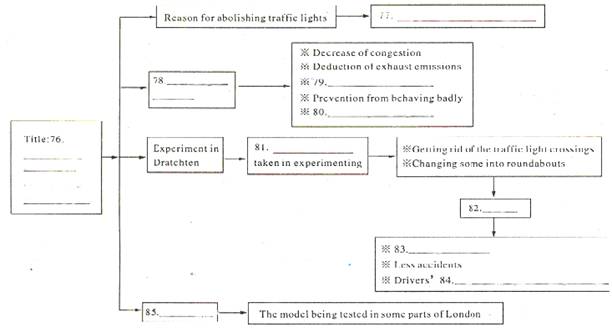题目内容
There are many rights to make sure that people will be treated fairly when they are suspected or accused of a crime. Sometimes these rights are called "due process of law". In using these rights, a person should have the help of a lawyer.
You have a right to protect against unreasonable searches and seizures. The police generally may not search you or your home, or take things you own, without a "warrant". A warrant is a paper which states, very exactly, the place to be searched and the things to be taken. Sometimes, however, the police will not need a warrant to search you or your property. If an officer sees you committing a crime, or if he has a good reason to believe you have committed a serious crime, he may arrest you and search you and the area right around you without a warrant.
If you invite a police without a warrant to come into your house and he finds proof of crime, the evidence may be used against you in court. If you do not want an officer to search you or your home and he does not have a warrant, tell him that you do not give him the right to search. However, if the officer will not listen, do not try to stop him. It is dangerous to resist and it may be illegal to do so. Any evidence which a policeman gets during an unlawful search and seizure cannot be used against you.
Police officers must act reasonably and fairly at all times. They should use physical force only when it is needed to arrest someone to enforce a law. They may not use physical violence to "teach someone a lesson".
1.According to the passage, a "warrant" is______.
A.an identification card B.an official written order
C.a special license D.an access card
2.The police can use physical force only when _______.
A.they want to teach the habitual thief a lesson
B.the criminal resists arrest
C.they catch the criminal on the spot
D.the suspect talks back
3.The passage centers around _______.
A.the rights of citizens B.the importance of warrants
C.the duty of the police D.criminal cases
1.B
2.B
3.A
【解析】
试题分析:本文叙述了公民的权利,确保人们当他们被怀疑或指控犯罪将公平对待。有时这些权利被称为“正当法律程序”。 公民有权利保护不受无理搜查和扣押。警察要想搜查公民的家,必须有搜查令。这里介绍了一些公民在行驶权利时应该注意的内容和警察应该如何做才是正确的。
1.词义猜测题。根据A warrant is a paper which states, very exactly, the place to be searched and the things to be taken. 可推出应选B。
2.细节理解题。根据They should use physical force only when it is needed to arrest someone to enforce a law. 有人拘捕时可以使用武力,故选B。
3.主旨大意题。根据There are many rights to make sure that people will be treated fairly when they are suspected or accused of a crime. 这段主要的话题是公民的权利,故选A。
考点:政治类短文阅读。
点评:词义猜测题旨在考查学生根据上下文对生词做出理解判断的能力。近几年来,阅读理解中的词义猜测题呈上升趋势。在阅读过程中根据选材、背景、及上下文等线索推测出生词词义是真实语言活动中的重要技巧。这一能力可以说是体现阅读理解能力的一项重要指标。

